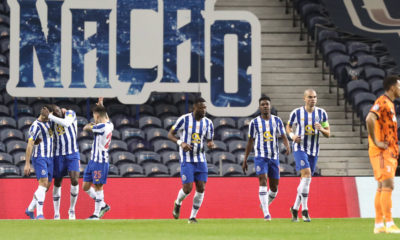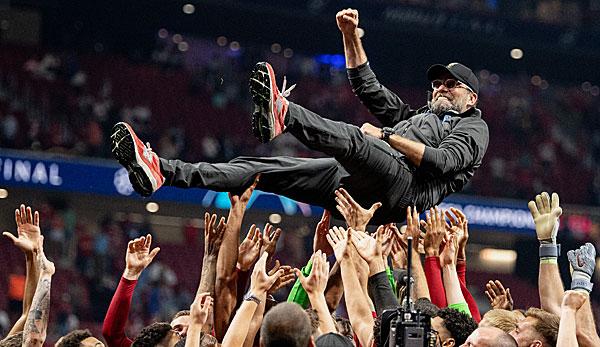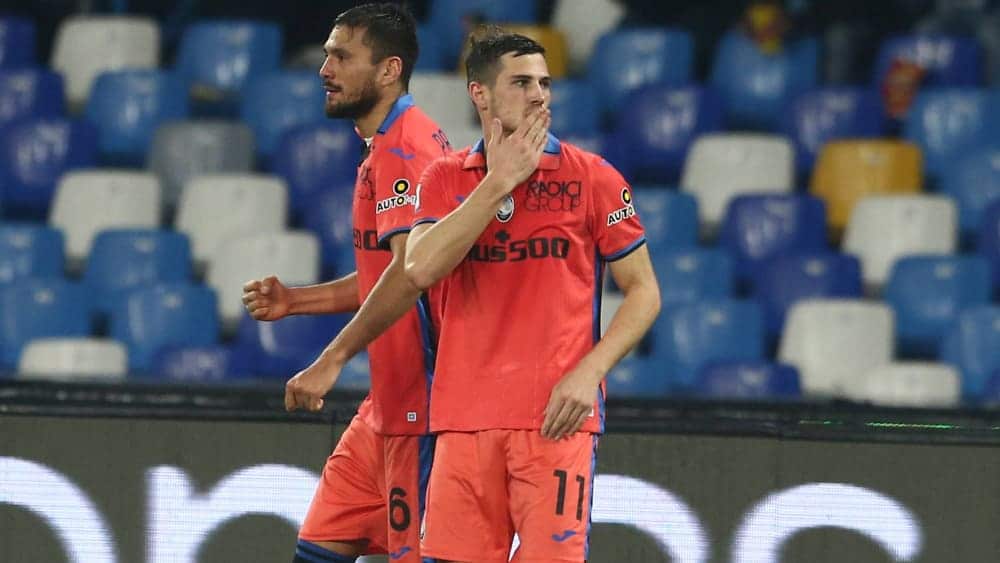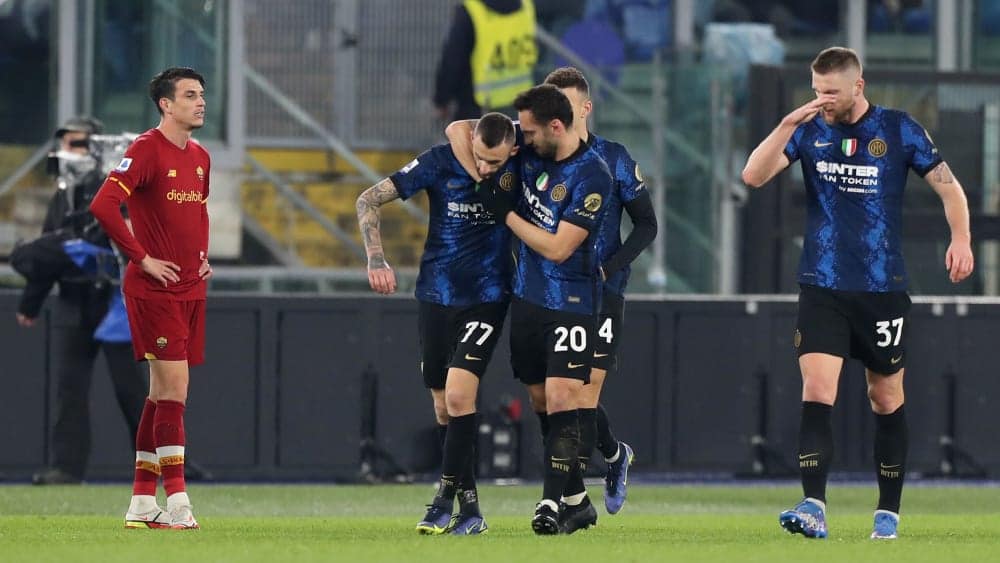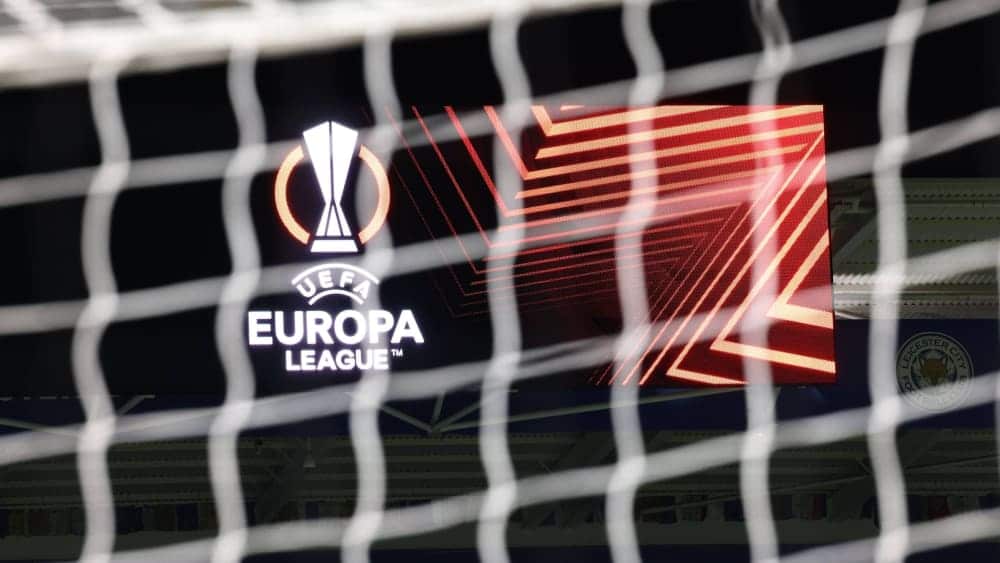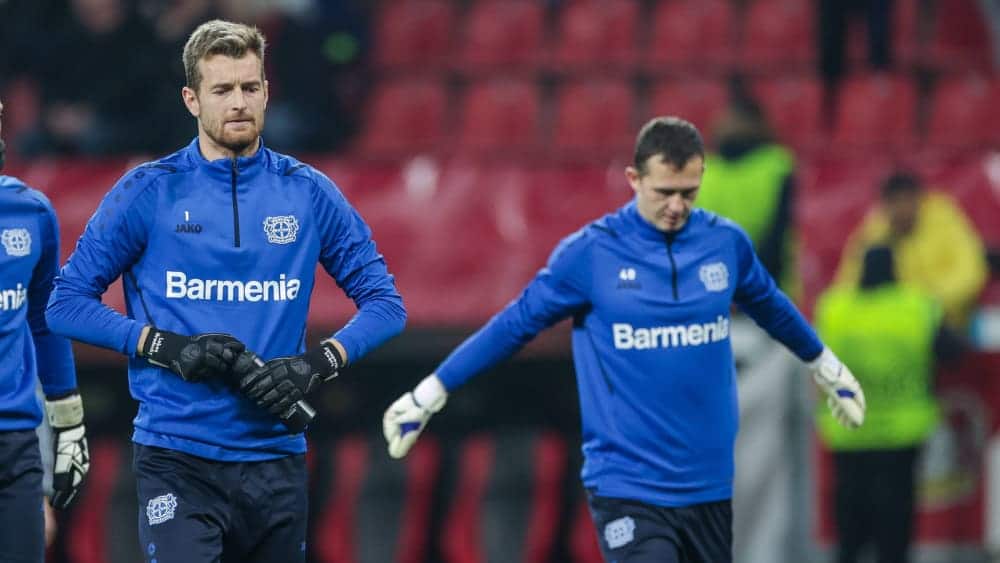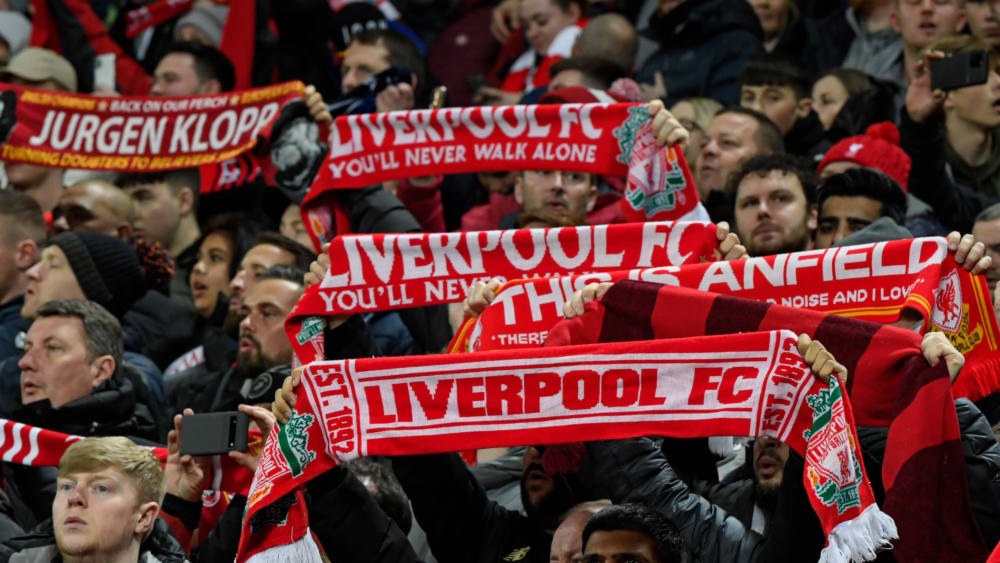With his triumph in the Champions League final over Tottenham Hotspur, Jürgen Klopp ends the myth of being cursed in European finals. If proof of his coaching skills was needed at all, the 51-year-old delivered it in Madrid at the latest, despite a not equal opponent. A comment by SOCCERSCORE reporter Kerry Hau.
It was certainly no witchcraft for a charismatic rhetorician like Jürgen Klopp to turn longing doubters into longing believers. On the contrary: Liverpool FC fans quickly took “the Normal One” to their hearts, as the Black Forest football expert baptized himself when he arrived at Mersey on 8 October 2015. And they weren’t disappointed. The dose of power football that Klopp gradually inoculated into his team was rightly met with enthusiasm.
However, the Holy Grail passed Klopp and his team for years. Whether in the Europa League 2016, the Champions League 2018 or the Premier League 2019, Liverpool have always failed in a narrow-minded way, often a mixture of tragedy and frivolity.
Klopp was accused by his critics of only being a coach for entertaining football, but not for successful ones. Similar to Arsene Wenger, who died in beauty with his FC Arsenal and was therefore ridiculed by Jose Mourinho as a “specialist in failure”. His team lacked the last winning mentality in the decisive moments, was the opinion from the Anti-Klopp camp. An opinion that he has remarkably refuted with the triumph of Madrid.
For the last step to the first title win since the miracle of Istanbul in 2005, no miracle was needed. Compared to the semi-final against FC Barcelona, when miraculous things had happened at Anfield Road, the task at Estadio Metropolitano was almost a walk in the park.
The Klopp eleven undoubtedly played the early lead, which was favoured by a penalty kick, but at no point did Tottenham prove to be a worthy opponent in the final, and the ball was unimaginative except for a short period in half two. The North Londoners lacked the maturity and cleverness needed to survive in such an all-or-nothing game.
The same maturity and cleverness their opponents had lost to Real Madrid last season. The 1:3 in Kiev was a lesson for Klopp and his players, because they knew how to take breaks at the right moments and to defend themselves from a safe depth instead of running the pressing machine permanently.
The former BVB coach’s plan was also successful because he had a better line-up in goal and on the substitutes’ bench than last season. To reduce the triumph only to the parades of an Alisson Becker, the positional play of a Virgil van Dijk or the marksmanship of a Divock Origi would not do justice to all the passionate work Klopp has been doing for years.
He spent a lot of money on this success, yes, but he also did the trick of making his players better and forming them into a conspiratorial unit. Andrew Robertson, for example, kicked in the fourth Scottish league at the age of 18 and also worked as a ticket seller. The fact that he is regarded today as one of the best left defenders in the world is also Klopp’s work. Just like the rise of Joel Matip, whom quite a few Schalker fans called a flop, or the Origi, where in Wolfsburg one had the feeling that he would not hit a barn door from five meters.
They all played their part in this final victory, which was not a playful highlight of the Reds, nor a gripping heavy metal show from Klopp’s textbook. The fact that pure entertainment is not always the key to success, however, has been made abundantly clear to the Liverpool team and their coach in recent years. In 2019 there was a title in the final instead of pure entertainment. And Klopp won’t have to sound like he’s failing at the crucial moments anymore.
